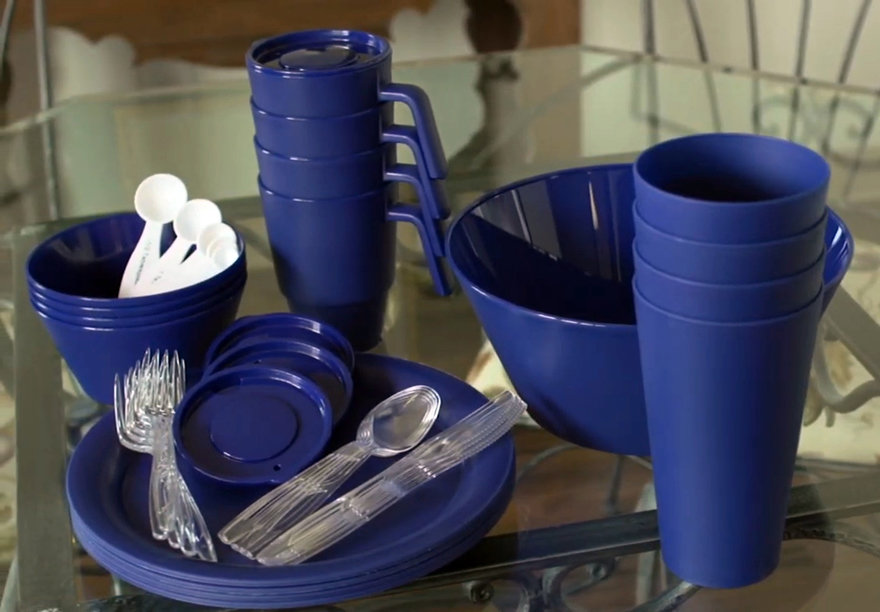Seaweed-Based Bioresins Are Ready for Prime Time

Developer Loliware and distributor Montachem will supply fully compostable resins in Europe
News from the opening day of Plast, a three-day exposition in Milan (Sept. 5 to 8), included the announcement that Montachem International, a global distributor of thermoplastics and additives based in Ft. Lauderdale, Fla., is adding its first compostable biomaterial, which will be sold in Europe—an ocean-safe, seaweed-based product that is intended to replace single-use plastics.
The product will be supplied by Loliware Inc., of San Francisco and New York, a materials science company. The two businesses will sign a multi-year partnership agreement by year’s end whereby Montachem distributes Loliware’s SEA Technology resins in Europe, a market whose current annual demand for bioresins is valued at $3.5 billion.
In a statement announcing the deal, Montachem said the SEA Technology resins will be available to global customers, as well as to those in Europe.
Harvesting Farm-Raised Seaweed for Resins
Loliware uses seaweed from ocean farms to produce its resins. “We work with seaweed farmers around the world, primarily in Southeast Asia, as well as locals in the U.S.,” says Victoria Piunova, chief technology officer. Once harvested, the seaweed is dried and milled and then converted to pellets. Piunova says the process is similar to compounding conventional thermoplastics, in that additives, plasticizers, colorants and various fillers are added. The main difference, however, is that everything in the SEA Technology formulation is natural.
Seaweed volume is a concern, “but there’s quite a bit of supply and the farmers will grow more if needed,” she adds.
Piunova notes that while price depends on volume, the resins carry a premium similar to that for bioresins like polylactic acid (PLA) or polyhydroxyalkanoate (PHA).
As companies and consumers push for sustainability, however, price doesn’t necessarily determine demand for bioresins. PHA carries a premium over conventional thermoplastics but is forecast to post a 15.9 percent compound annual growth rate through 2030, albeit from a low demand threshold (see story, Sept. 1).
Biomaterials Are Drop-in Replacements
Importantly, SEA Technology resins can be processed on existing extrusion and injection molding machines, she says. “We want the resins to be drop-in replacements. Process changes would hinder the market. We use the exact same extrusion line to compound the bioresins as would be used for polypropylene and polyethylene, though the process temperature is a bit lower,” Piunova explains.
Loliware’s entry into the European market comes as many biomaterials are not meeting the strict regulatory requirements there for home composting, an issue Loliware solved early in its seven-year effort to develop an alternative to plastics for single-use products. The SEA Technology resins when tested in straws biodegrade in home compost bins with full degradation in 51 days, she remarks. Notably, the all-natural components of the resins mean compost can be used as fertilizer in the ground.
The company’s focus for now is on sales in Europe and the U.S. SEA Technology resins are produced in St. Louis and in Charlotte, N.C., Piunova says, and there is adequate supply. Resins will be available through Montachem primarily in licensing arrangements, though individual sales are likely, as well, she says.
